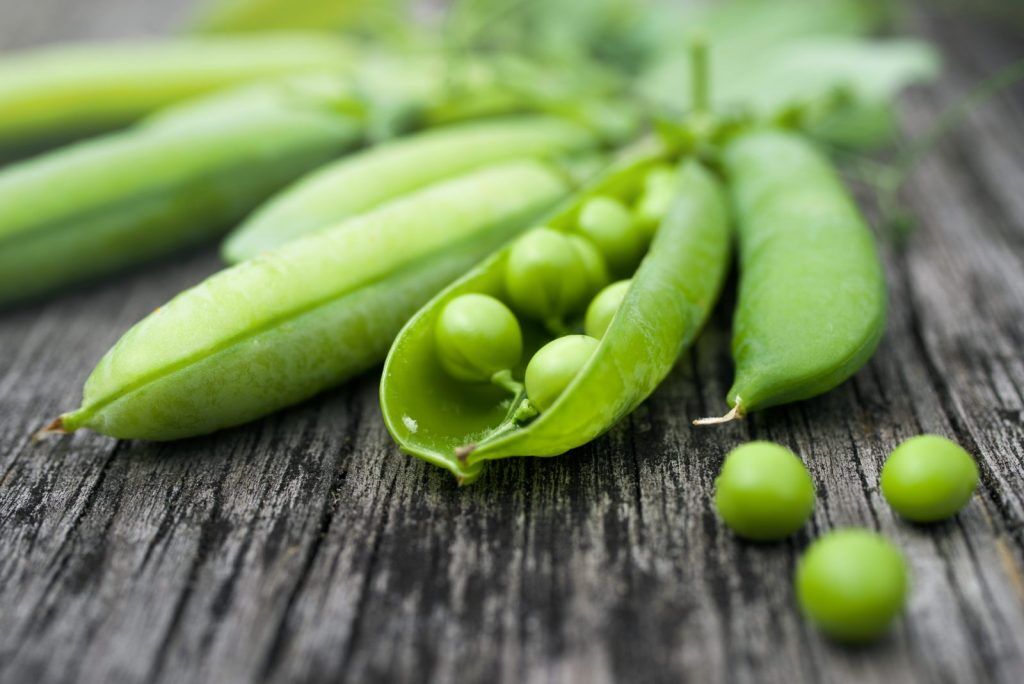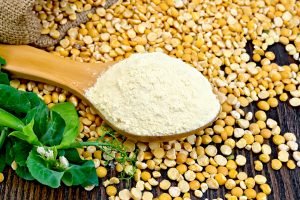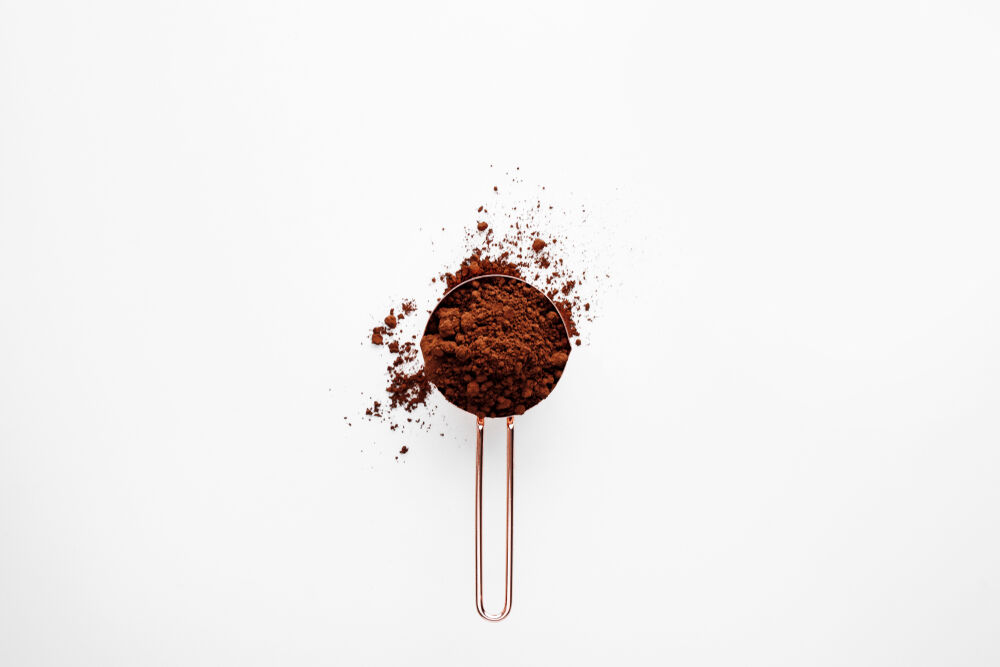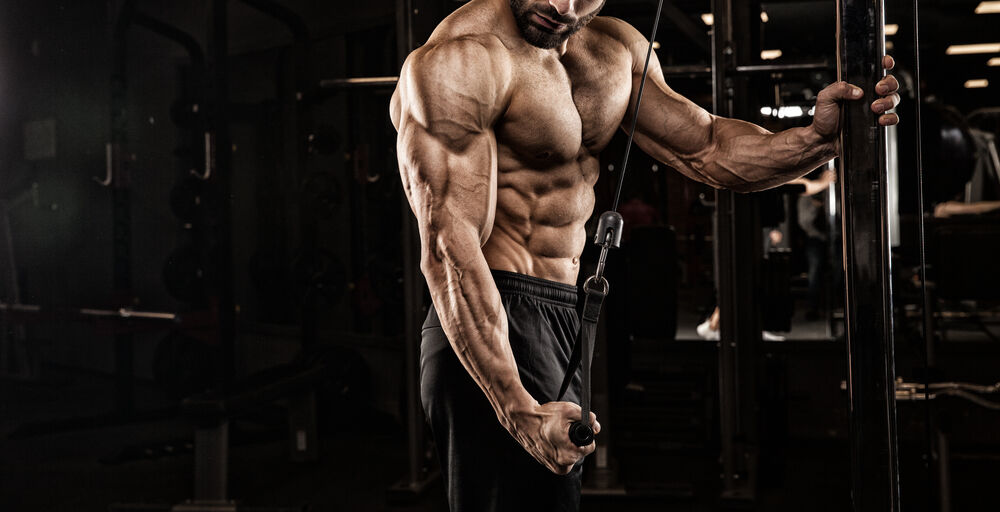When you’re in search of a protein powder these days, it’s hard not to feel overwhelmed by the sheer amount of choice available.
As plant-based diets continue to grow in popularity, alternative protein sources have been flooding the health food market. There’s quinoa, brown rice, hemp, and pumpkin seed to name a few. You might have come across pea protein amongst these other vegan-friendly protein sources, but may be a little puzzled as to how on earth peas can be on a par with animal-derived proteins such as whey. But don’t underestimate these little legumes, they pack a serious protein punch.
Pea protein powder is made by extracting protein from dried yellow split peas. Our TPW Pea Protein 80 has a whopping 24g protein per 30g serving, incredibly similar to the ever-popular whey protein, with most whey protein powders having around 23/24g per 30g. No whey?!
Well, yes whey. Pea protein has the same muscle building properties as whey protein with one study finding that pea protein supplements lead to a greater increase in muscle thickness than whey protein when it was combined with strength training (Babault et al,2015). Another benefit to pea protein over whey protein is the digestibility. Whey can prove difficult for some people to digest and can cause abdominal pain, bloating, gas and fatigue. Whereas pea protein is much gentler on the digestive system because of the lack of milk-derived ingredients.
“But peas are legumes and full of fibre, surely they’ll make me bloated and gassy?” I hear you ask. Nope! Well, yes peas are legumes, however during the process of producing pea protein, most of the fibre and starch are removed to create pea protein powder isolate, making digestion a (gas-free) breeze.
Pea protein is also hypoallergenic as it is free from the most common food allergens (Marco, 2012). These include dairy, wheat, gluten, soy, shellfish, tree nuts, peanuts or eggs; making pea protein perfect for almost any diet (unless you have an intolerance or allergy to peas)! Pea protein is 100% plant-based so ideal for those following a vegetarian or vegan diet. TPW Pea Protein powder contains pea protein isolate, which also doesn’t contain any artificial additives. Pea protein is also highly soluble so blends like a dream, unlike some other plant-based protein powders (hemp for example) that can be gritty (Tömösközi et al., 2001).
The sustainability of pea protein is another additional benefit (Lefranc-Millot et al., 2018), particularly compared to animal-derived proteins, which have a huge carbon and water footprint, as peas require less energy and water to grow than, say… a cow. In fact, livestock used to create foods such as meat, eggs and milk have the highest carbon and water footprint of any food. Whereas these wondrous peas are in fact so sustainable, that they are tipped to be the next dairy-free milk alternative, knocking even almond milk off the top spot! Peas are more sustainable than almonds because they use less water and produce fewer CO2 emissions. So, a protein that’s good for both your body and the planet? Yes peas, don’t mind if we do!
Fear not herbivores; there are some plant-based foods such as quinoa, that contain all essential amino acids. It’s therefore recommended to eat a variety of different plant proteins that have differing amino acids to ensure you are getting a complete selection. This can easily be achieved by eating whole grains such as brown rice, or just adding flax, hemp, or chia seeds to your pea protein shake or smoothie for total peas of mind!
So, the verdicts in. We’re huge fans of the humble pea here at TPW, not only for its incredible nutritional profile and many health benefits, but it’s also a hugely versatile cooking ingredient. You can create some serious delights with these peas – trust us on this one!
Our TPW nutritionists have created recipes such as these delicious high-protein falafel burgers and the most unreal tahini and chocolate truffles. So, go on, give peas a chance! You can thank us later!












No Comments yet!